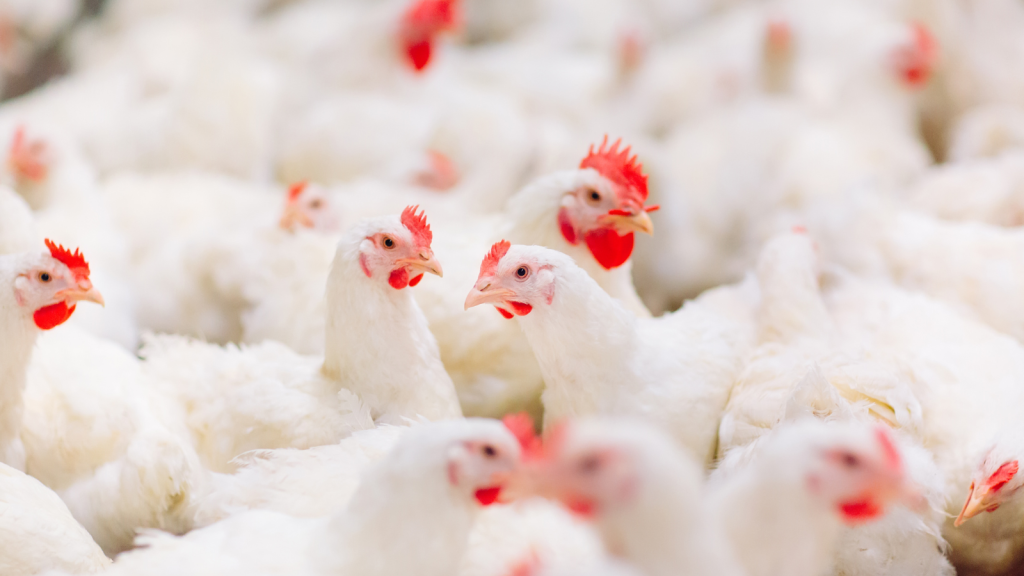
The Wildlife Trusts Report: More Proof Our Rivers Need Urgent Action
A Call for River-Friendly Farming: Why We Can’t Ignore Factory Farm Pollution
Today, The Wildlife Trusts released a powerful new report exposing the devastating environmental toll of the UK’s intensive pig and poultry industry. For those of us fighting to protect our rivers, its findings come as no surprise – but they provide yet more hard evidence of the scale of damage being caused by factory farming.
At River Action, we welcome this report wholeheartedly. Communities along the Wye, Severn and Kennet have long been raising the alarm about nutrient pollution from intensive farming. This report adds weight to their voices, strengthening the case for urgent change.

Why enforcement matters
The “Farming Rules for Water” already exist to stop pollution – but they remain largely unenforced. Without real accountability, factory farm pollution continues unchecked, leaving rivers overloaded with nutrients and communities paying the price. If the government is serious about protecting nature and rebuilding trust, it must enforce the law while helping farmers make the shift towards more sustainable practices.

River Action’s fight against factory farm pollution – Timeline
We have has taken major legal steps to hold polluters and the authorities enabling them to account:
- March 2025: The High Court ruled that chicken manure can be classified as “waste”, allowing councils to regulate its disposal. This set a precedent for farms nationwide.
- June 2025: In another landmark victory, we successfully overturned approval for a 200,000-bird intensive poultry unit near Shrewsbury in the River Severn catchment. This ruling set a national precedent and marked a turning point in the fight against factory farm pollution.
- July/August 2025: Following our sustained legal pressure, DEFRA closed a damaging loophole in the Farming Rules for Water that had allowed widespread autumn manure spreading and will help reduce diffuse agricultural pollution across England’s rivers.
- August 2025: A community led objection supported by River Action and The Angling Trust successfully helped defeat an application for a 32,000-chicken farm near the River Kennet and was described as a “pivotal moment in the movement against factory farming in the UK”.
- The Wye: These cases build on our earlier legal challenge on the River Wye, which helped shine a national spotlight on the disastrous impact of unchecked intensive farming.
Taken together, these legal battles underscore a simple truth: without urgent action to rein in the industrial farming model, our rivers and the wildlife that depend on them will continue to pay the price.

What’s next?
The evidence is overwhelming. The law is clear. And communities are demanding change. Now the government must act – ensuring regulations are enforced and farmers are supported in transitioning to sustainable, river-friendly farming practices.
Because nothing less than meaningful reform will do.






